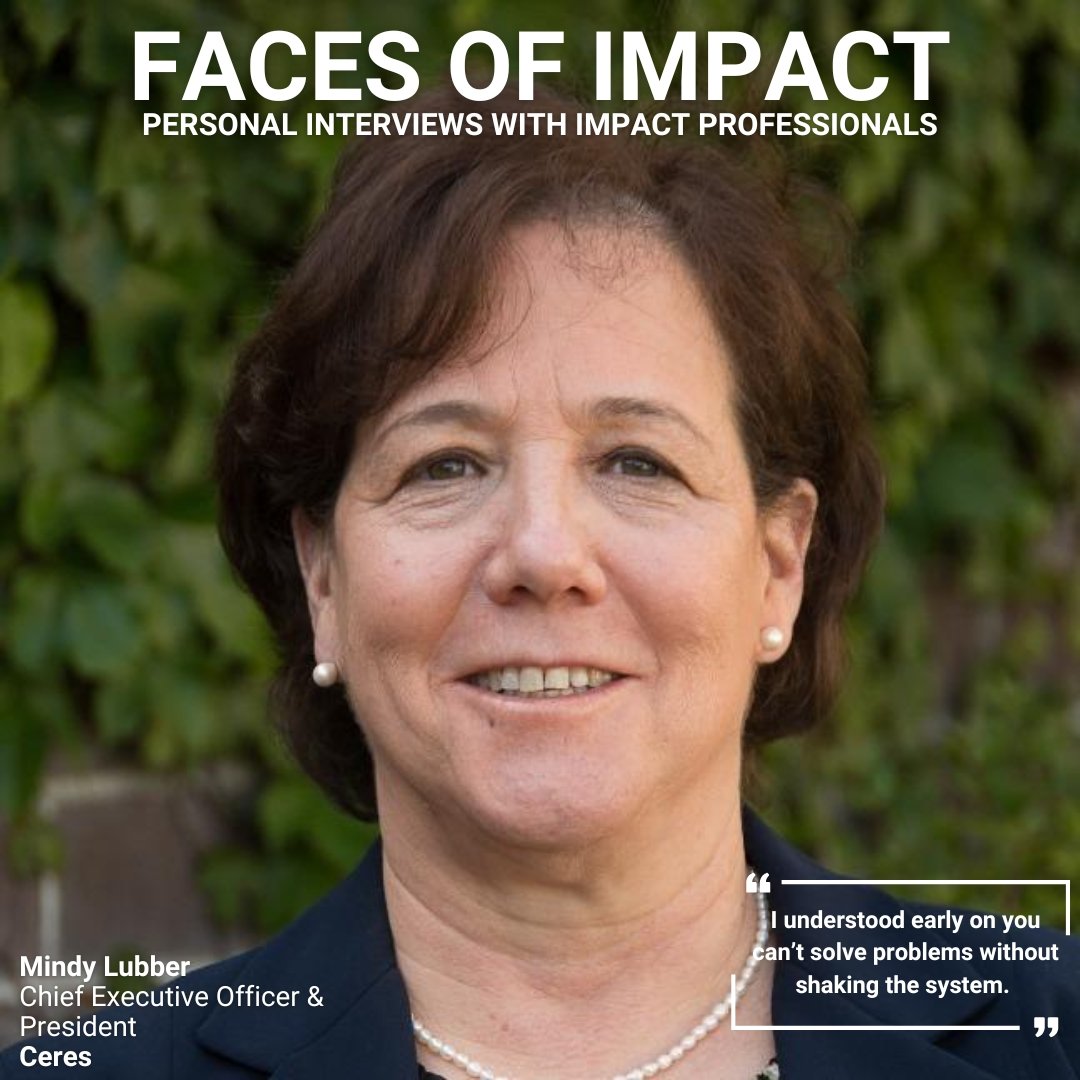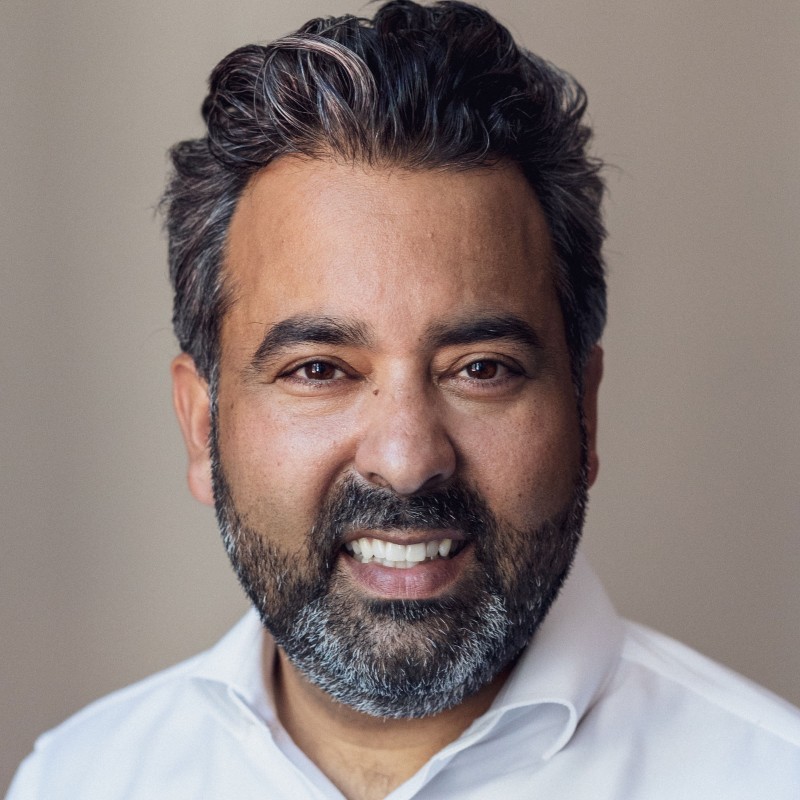Graham Singh, CEO, Trinity Centres Foundation
What are some trends for faith-based investing?

HOW DID YOU GET INTO THE SUSTAINABILITY FIELD & WHAT HAS BEEN THE HIGHLIGHT OF YOUR CAREER?
Seeds for my sustainability career were planted in college in the 1970s.
I understood early on you can’t solve problems without shaking the system. The university venue fostered that energy, driving my activism and lifelong passion to tackle problems that seem unsolvable.
Throughout my career, I’ve had opportunities to promote a more sustainable future from different angles. Lobbying for clean energy, starting an environmental investment firm, working at the top level of a presidential campaign, and serving as the Regional Administrator of the Environmental Protection Agency where I was responsible for managing and enforcing the nation's environmental laws and regulations in six New England states.
These roles have taught me it takes every strategy and tactic in the toolbox to achieve change. Seeing the progress that’s possible when the public and private sectors, NGOs, and communities work toward solutions to the greatest sustainability challenges—climate change, water scarcity and pollution, and deteriorating biodiversity—has been a highlight of my career.
THROUGHOUT YOUR CAREER, WHAT HAVE YOU IDENTIFIED AS THE BIGGEST CHALLENGES IN TRANSITIONING TO MORE SUSTAINABLE MODELS & HAS THAT CHANGED OVER TIME?
Change is complicated, but for the last 40 years, the biggest challenge has been the extraordinary resources backing the resistance to non-fossil fuel energy. Those who are making billions from fossil fuels have little reason to change. We are making progress toward more sustainable models. However, it will continue to be a slow journey as long as there are subsidies for the fossil fuels industry.
WHAT DO YOU THINK IS MISSING IN THE INDUSTRY?
Small, piecemeal changes will not secure a sustainable future for our children and future generations. To achieve transformative change, we need a level playing field with regulations and policies that apply to all companies. The Inflation Reduction Act (IRA) is a big step in the right direction. We need to seize opportunities like the IRA to broaden and strengthen policies, and grow and leverage resources for climate solutions.
And we need to build coalitions across party lines, break down the barriers, and understand that building a sustainable future is about our kids and our economy and that political labels are simply not productive.We need a full-fledged approach to pass comprehensive policies that will accelerate action at the pace and scale needed to address the climate crisis.
DO YOU HAVE ANY ADVICE FOR ORGANISATIONS OR PROFESSIONALS THAT ARE TAKING THEIR FIRST STEPS IN RESPONSIBLE INVESTING?
My advice for those starting off in responsible investing is the same for anyone moving into a new field: Know what you want to achieve and how you will distinguish yourself as uniquely capable of getting the job done. How can you use your experience and passions to think outside the box for innovative approaches and angles to solve problems and achieve goals? Think about what is not being done or done well and establish yourself as an expert in that space. And do your homework – learn the field and the players, understand the context, and define your goals within the ever-changing landscape.
WHAT ARE THE MOST USED (AND ABUSED) CLICHÉS IN SUSTAINABILITY THAT BOTHER YOU?
Most people do not know what ESG means, which makes it an easy target for distortion. This has fed into the idea of “woke” capitalism, an incorrect, misdirected term that separates responsible investing and corporate practices—ESG—from business. We need to get back to meaningful terms and ideas that resonate with the financial community, companies, and average citizens. Environmental risks are just like any other financial risks investors and companies should evaluate when making decisions. Companies and investors who assess and act on these risks are being good stewards and preparing themselves to be successful in the future.

What are some trends for faith-based investing?
-3.jpg)
1 min read
HOW DID YOU GET INTO IMPACT INVESTING? Throughout my career, I have worked across a range of organisations in both the development and commercial...

How did you get into impact investing?